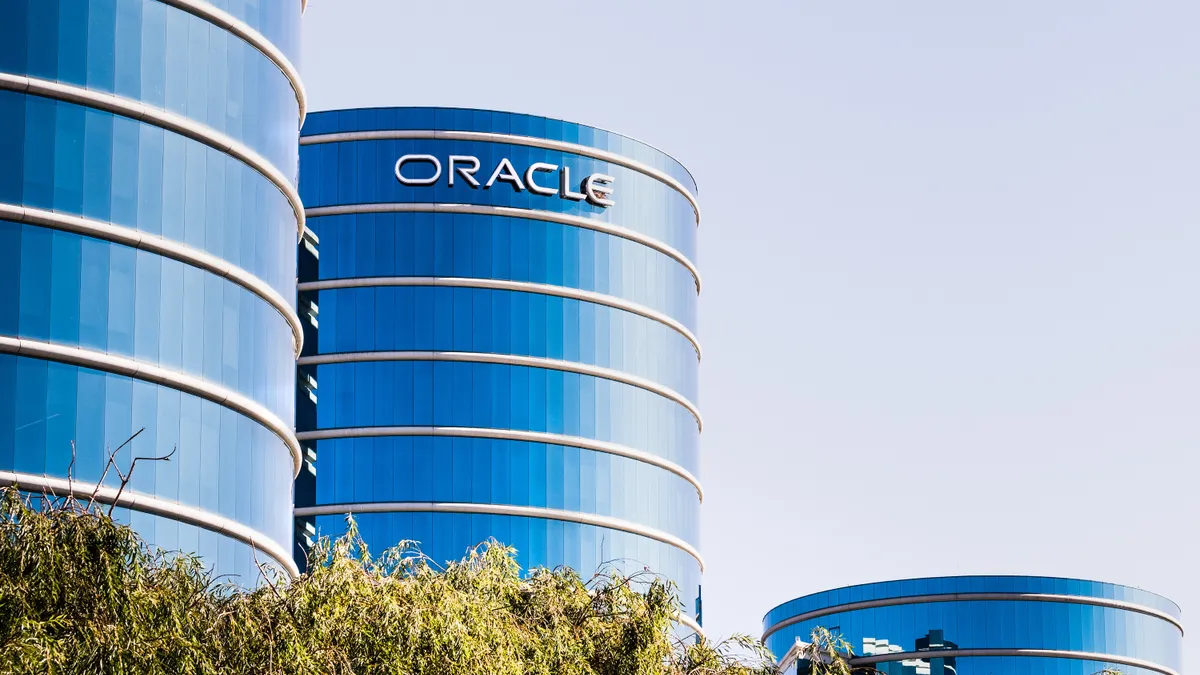The ravages of COVID-19 in the workplace extend far beyond the fiscal and physical losses we have all faced in the past year. Four in ten adults in the American workplace have reported indications of anxiety, depression and other negative impacts on their mental health and well-being since the pandemic began. Alongside these burgeoning psychological struggles have come additional medical and addiction-related woes, such as difficulty eating, insomnia, grief-induced weight gain/loss, loneliness, unhealthily increased consumption of alcohol and a noted worsening of existing chronic conditions exacerbated by high levels of stress and consistent worry.
With only an estimated 37% of jobs in the U.S. even capable of going remote, the conversation surrounding COVID-19's roundhouse effect on deskless workers doesn't end when Mental Health Awareness month does. For first responders, transportation professionals, hospitality workers, and those in manufacturing retail jobs, the day-to-day dangers of deskless work trudge endlessly on, much like the workers themselves, in a fog of repressed fear and largely unspoken need. Without close interactions with colleagues and upper management each day to fall back on, many deskless and frontline workers are getting hit twice as hard by pandemic-related traumas, both practical and emotional. This is where a critical and ongoing discourse around mental health at work showcases its most strident demand for an active, ongoing conversation rather than a temporary-alertness band-aid.
The necessity of addressing such a conversation, and all of its itinerant issues, falls first and foremost to HR departments. The pivot to remote work transformed many traditional HR jobs from that of simple hiring and onboarding to a position of nearly full-time counseling, wellness management, and life-obstacle coaching. HR professionals have been tasked this year with a vast array of disruptions ranging from helping to find babysitters, developing and implementing flexible scheduling that can change at the drop of a hat, and generally attempting to maintain some sense of normalcy in a world that was increasingly anything but. This shift has left many HR departments exhausted and their companies grappling with the need for systemic mental health solutions that can be permanently placed within their professional atmospheres.
A study by Oracle and HR research and advisory firm Workplace Intelligence shows that employers are beginning to prioritize mental health. About 51% of employees surveyed noted their company has added mental health support. That said, 76% feel their company can do more. Large companies like Target have implemented full-scale mental health services for employees, but there are ever-growing options for smaller businesses with tighter budgets as technology begins to catch up with the unique concerns created by COVID-19. One of the most important facets of improving mental health at any-sized company is making the employee communications experience a seamless and two-way communication route.
The cruciality of two-way, open communication between employees and top administrators cannot be overstated. The changes wrought by the pandemic have simply showcased that need in a light that any company, large or small, could no longer ignore. While there is much conversation around the need for raw, undecorated truth-sharing amongst employees and upper-level management, there is less collective understanding on how to go about that. Many companies are struggling with both top-down and bottom-up relays of concern. A few popular and fairly easy changes HR departments and other business leaders can make to generate a safe two-way conversation space for employees and administrators alike are:
- Provide multiple avenues for feedback: anonymous, private consultation, digital and group-based
- Ensure that feedback is provided on all concerns raised by any party
- Be constructive when being instructive: make any needed changes as lighthearted, but as specific as possible
- Set up interdepartmental connections through sharing of both grievances and achievements on a regular basis
Over the course of these critical next few years, HR professionals could see a significant portion of their day spent on developing practical programs within the company's staff infrastructure that allows for a more free and open mental health discourse. The creation of inside course correctives such as anonymous stressor dropboxes wherein employees feel safe to share distinctly workplace-related mental health problems with administration, the implementation of internal child care, and the permanent switch to more malleable scheduling are all examples of new responsibilities HR departments may face in looking at long-term mental health solutions post-pandemic.
The future of the HR industry will be one infinitely more attuned to the individual health needs of each employee. There's a good chance that progressive companies will begin offering bespoke mental health packages as part of the hiring negotiations for any job, much in the manner of the way medical and dental are handled now.
Amidst all of this, HR departments must innovate avenues toward resiliency not just for their employees, but for themselves. This could mean anything from the generation of intracompany HR councils to a total reimagining of traditional HR roles. By increasing communication pathways aimed at improving employee journeys, HR professionals simultaneously enhance their own. Through the greater use of social capital, strong leadership, and holistic work-life policy developments, HR can morph in ways that both maintain and magnify its vitality within any company. Though most of these changes may feel cumbersome, foreign, and even off-putting at first, the positive impact that can be built out of COVID-19's negative consequences is one that places everyone's best interests first.


















